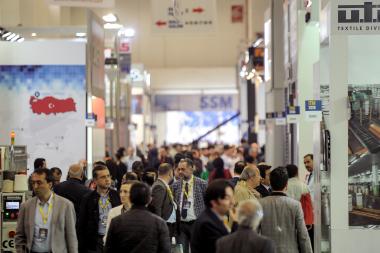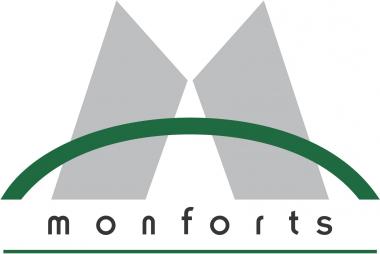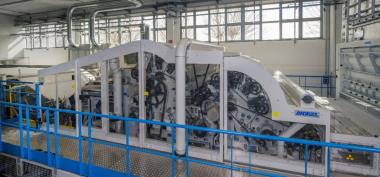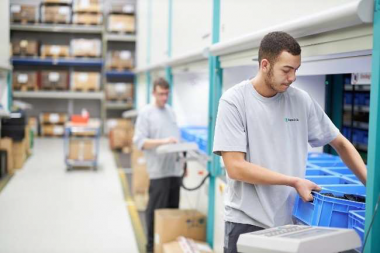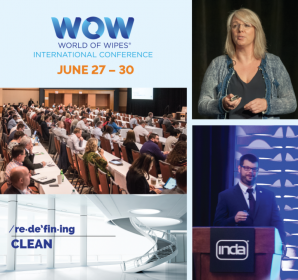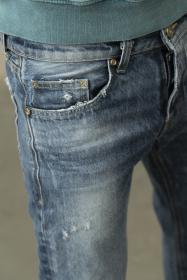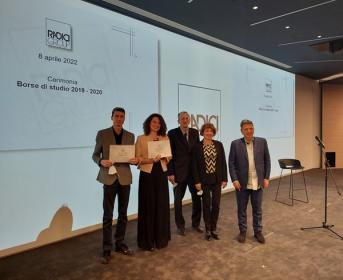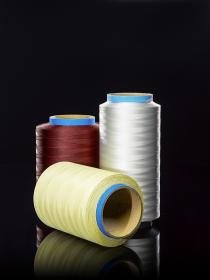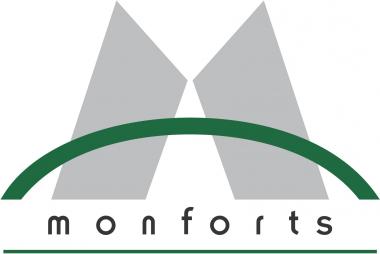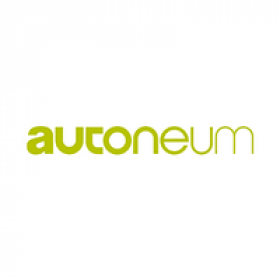EURATEX is reaching out to the Ukrainian Textile industry
EURATEX has launched its EU-Ukraine Textile Initiative (EUTI), which aims at facilitating cooperation between European and Ukrainian textile and apparel companies. EUTI offers a single contact point for Ukrainian companies who seek support and cooperation with EU counterparts, and vice versa. That connection will be helpful to match supply and demand (e.g. there are many requests for supplies of fabrics), engage in public procurement, offer company-to-company support.
The service will be coordinated by EURATEX in close cooperation with UKRLEGPROM, Ukrainian Association of enterprises of textile & leather industry. Olena Garkusha, an experienced manager coming from the Ukrainian textile industry and now based in Brussels, will act as contact point.
EU exports to Ukraine reached €1.3 bln in 2021 (13th market), whereas imports from Ukraine reached €500 mln (21st place). There is potential to expand that relationship, both in the short term - to respond to urgent needs, e.g. in military and medical fabrics - but also in the longer run; as partner in the PEM Convention, Ukraine can play an important role in Europe’s textile and apparel supply chain. The proposed suspension of tariffs on imported products from Ukraine by the EU will offer further opportunities.
EURATEX Director General Dirk Vantyghem commented: “Supporting the textile industry is our way to help the people of Ukraine. We encourage our European members to connect via EUTI and develop sustainable partnerships.”
Tetyana Izovit, President-Chief of the Board of UKRLEGPROM welcomed the initiative: “Today, we have many textile and apparel companies in Ukraine with expertise and skilled workers; they are able and willing to work with EU, but lack the contacts, customers and supplies. EUTI will help them.”
EURATEX





